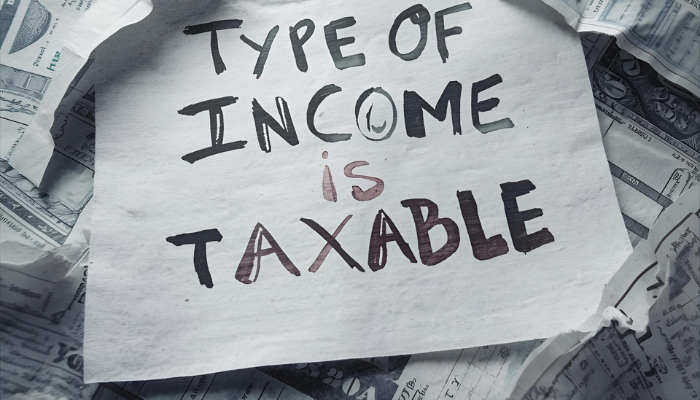
How to Record Sale of Rental Property on Tax Return?
Selling a rental property is a significant financial milestone. However, there are obligations involved as well, especially about taxes. If you want to stay clear of any potential hazards or fines, you must know how to record sale of rental property on tax return.
If you’re overwhelmed by this responsibility, seek the professional expertise of our best tax consultant Houston. We assure you prepare you for managing this task like a pro!
Calculate Your Taxable Gains and Losses
Finding the taxable gain or loss from the transaction is the first step in listing of how to record sale of rental property on tax return. It entails deducting the modified basis from the selling price of the property.
The initial purchase price, cumulative capital upgrades, and claimed depreciation are usually included on an adjusted basis.
You need to fill the following two forms based on these calculations:
- Schedule D
- Form 4797
Is Sales an Asset or Income?
A firm’s money from selling products or services is known as sales revenue. It is crucial to the viability and financial performance of a business. Sales revenue is included in the current assets category in accounting as it represents cash that will be received soon.
Seek Expert Advice
It can be challenging to navigate the financial ramifications of selling a rental property, particularly if you need to become more familiar with tax rules and regulations. Thus, you are strongly advised to obtain expert advice from our certified tax advisor services. They may offer tailored guidance depending on your unique situation, ensuring you fulfill all tax requirements and take advantage of all possible tax advantages.
The Bottom Line
Although it may first appear complex, learning how to record sale of rental property on tax return is very simple with the correct information and assistance. Make sure that your tax reporting procedure runs smoothly and successfully. This will let you enjoy the benefits of your investment while avoiding trouble with the tax authorities.


